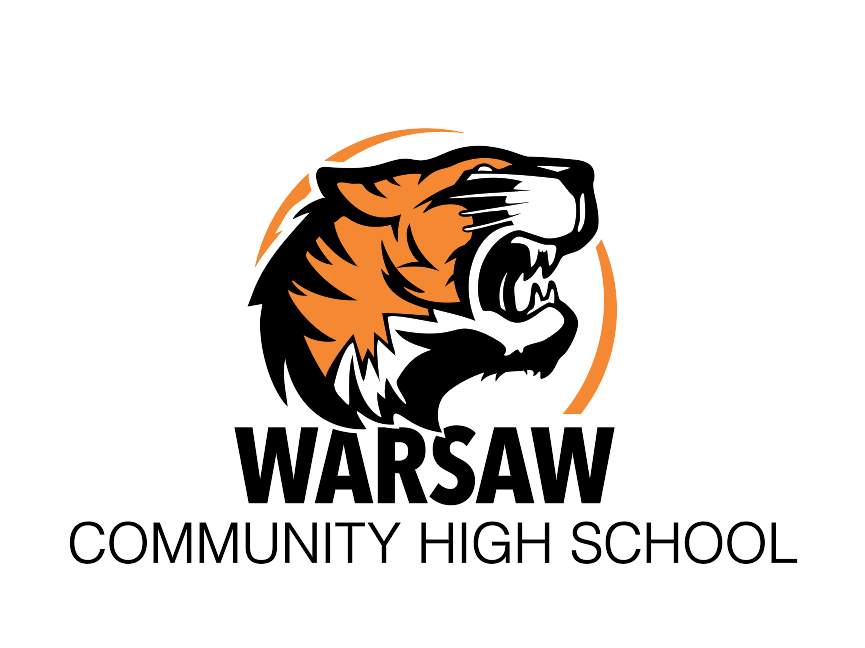Skip to content
Show submenu for Athletics
Show submenu for Departments
Departments
Academic Departments E - M
Academic Departments P - W
Show submenu for Information
Show submenu for Parents
Parents
Academic Resources
Show submenu for Students
Show submenu for
